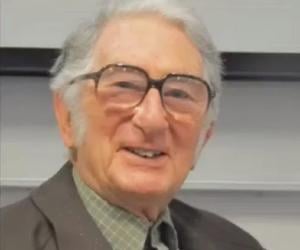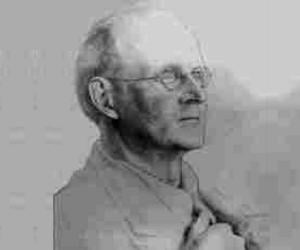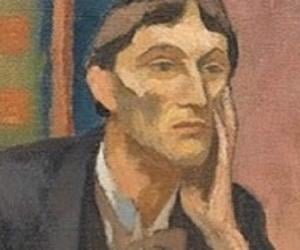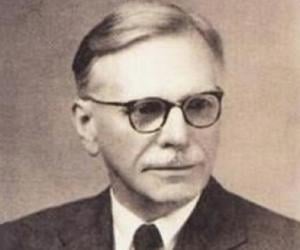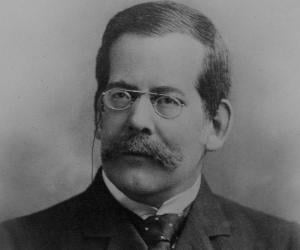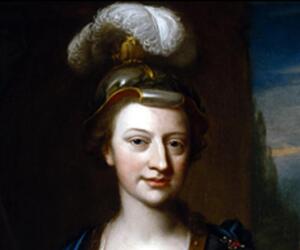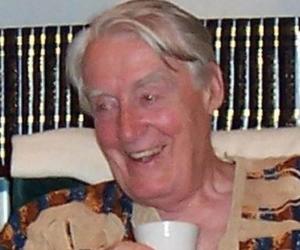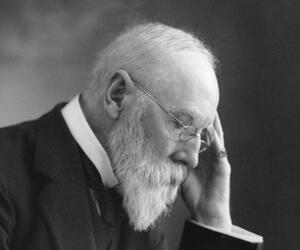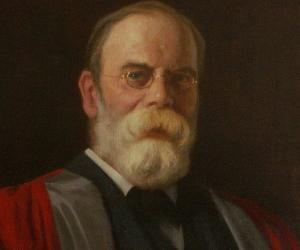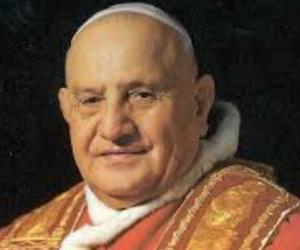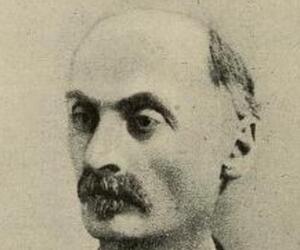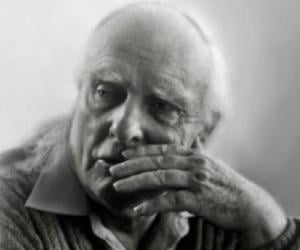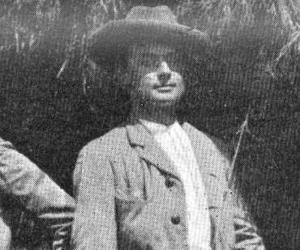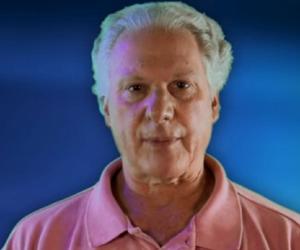1
William Jones
(British Philologist and Jurist Known for His Research on Oriental Languages)
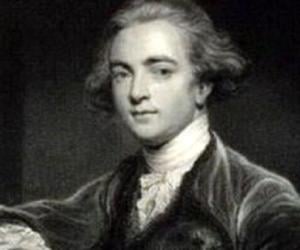
15
3
Birthdate: September 28, 1746
Sun Sign: Libra
Birthplace: London, England
Died: April 27, 1794
William Jones was a prominent Welsh mathematician known for introducing the symbol π to represent the ratio of a circle's circumference to its diameter. He had strong ties with distinguished scientists like Sir Isaac Newton and Sir Edmund Halley, being a close friend of both. Jones was elected as a Fellow of the Royal Society in November 1711 and eventually served as its vice-president. His significant contributions to mathematics and his association with influential figures in the scientific community solidified his reputation as a noteworthy mathematician.
